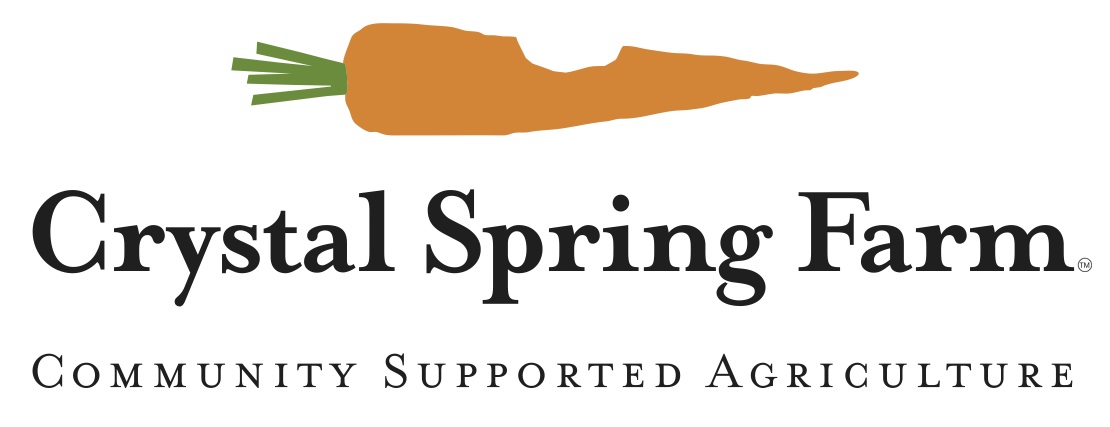This week I’m not going to say anything about the weather, as there is nothing nice to say. Hope for sun, as we all need it. Instead of bemoaning crop health I thought I’d dig into the heart of cabbage, one of the only crops that seems to be enjoying our present atmospheric conditions.
Cabbage is an old standby for most civilizations around the world. What we think of as cabbage, the green or red heading plant (you are seeing it in abundance for yet another week) is actually just one variation on an ancient plant group known as brassicas. This group includes kale, broccoli, collards, Brussels sprouts, cauliflower, and kohlrabi (look for this one next week in your share). All of these European crops derive from a single plant that was most likely a wild mustard and looked somewhat like kale. This original plant was native to either the western coasts of Europe or the Northern Mediterranean coast. Because cabbage and its close friends are so nutritious (they contain some of the highest concentrations of vitamins B1, B2, and C in the vegetable realm) they have been a prized part of the human diet since documented times. The Greeks and Romans grew many varieties and wrote extensively about their cultivation and uses. Cato the Elder declared, “It is the cabbage which surpasses all other vegetables.”
Much has been written about the healing properties of cabbage, including its anti-inflammatory properties, blood cleansing abilities and cancer suppression. Recent research around a compound sugar protein called glucosinolate (which is found in high concentration in brassicas) has revealed a link between eating these crops and the inhibition of cancerous growth of many kinds. Oddly enough it is this protein and the sulphur that is a part of its compound that also give cabbage and its close relatives their distinctive smell and flavor. Cabbage has been used for centuries in folk medicine to reduce inflammation of the skin and muscles and it is still used by nursing mothers around the world to reduce painful swelling of the breasts.
The last great thing to say about cabbage is that it is the one of the keystone crops to eating well and eating local in Maine through the winter. This crop stores great and if we could get everyone in the state to eat two heads a month this winter we would all be healthier and the state could take a major step forward in feeding itself for the snowy months.
Knowing all this about cabbage will hopefully entice you to find a new way to enjoy it this week. It goes great with sauted scallions (in your share this week) and or lamb sausage (in the freezer). Here’s the link to our cabbage recipes on the website it you need a few ideas: http://crystalspringcsa.com/archives/category/recipes/cabbage
Great local products at pick-up. Eggs, organic milk, cheese, fresh bread, lamb sausage, bacon, pork sausage, ground beef, fair trade coffee and organic gelato, all locally produced, will be available. Try out local Pastry chef Annemarie Curnin’s rosemary butter cookies this week as well!
Pre-order bread, milk, and eggs this week for next week’s pick-up. Talk to one of us at pickup if you would like to preorder and reserve these items for next week. Let us know how much you would like, what day you will come for pickup, and if it will be a standing order. Wild Oats bread flavors are six grain and anadama on Tuesdays and honey wheat and molasses oat on Fridays.
Maples Maine made organic gelato is here! This is good stuff. Look for vanilla bean, carmelized banana, dark chocolate sorbetto and many other flavors.
Crystal Spring Blend Coffee. That’s right, our own blend of fair trade locally roasted coffee from Brunswick roaster Wicked Joe’s Coffee. Twelve oz. bags are $10 with all profits going to retrofit the farm buildings. Drink deeply.
